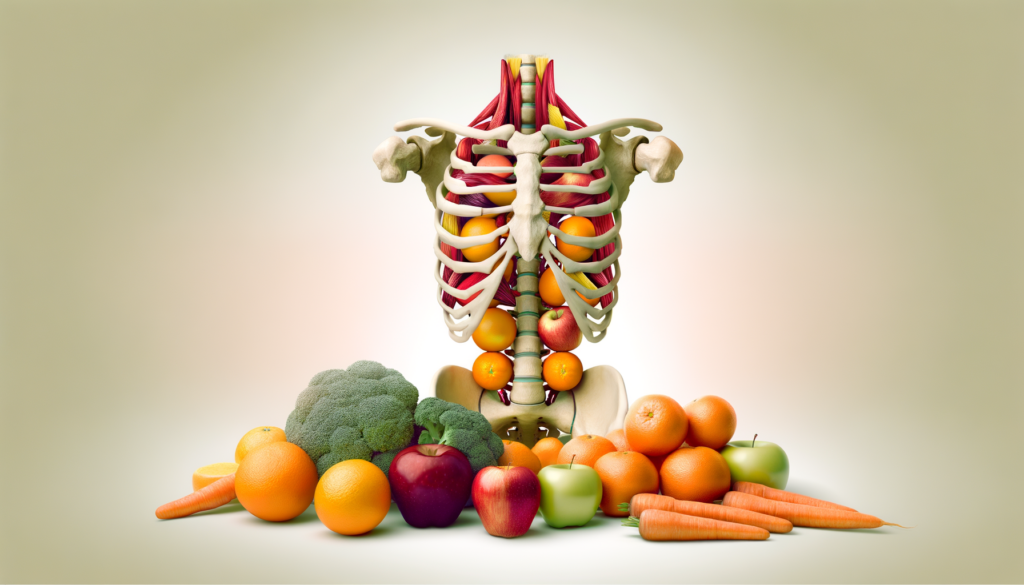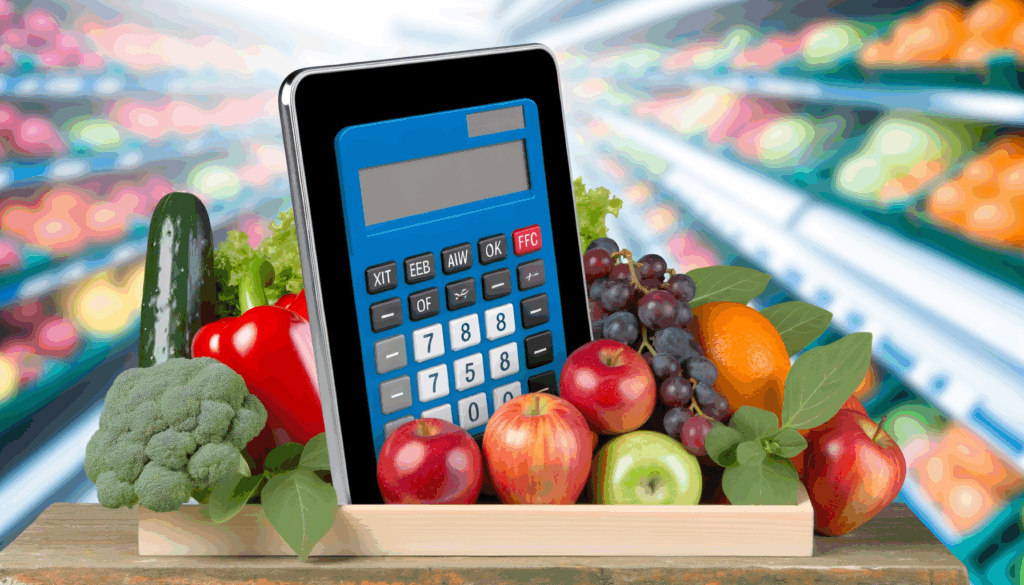Understanding Calorie Tracking for Special Populations
Calorie tracking is a common practice for individuals aiming to manage their weight, improve their health, or achieve specific fitness goals. However, for special populations such as pregnant women, seniors, and others with unique nutritional needs, calorie tracking must be approached with careful consideration. In this article, we will delve into the nuances of calorie tracking for these groups and explore how tools like the Calorie Calculator Cloud can be tailored to meet their specific requirements.
Nutritional Needs of Pregnant Women
Pregnant women have distinct nutritional needs that are crucial for the health of both the mother and the fetus. According to the American College of Obstetricians and Gynecologists (ACOG), pregnant women require a balanced diet that includes adequate calories, proteins, vitamins, and minerals. Calorie intake during pregnancy varies based on factors such as pre-pregnancy weight, activity level, and the stage of pregnancy.
A calorie tracking app can help pregnant women ensure they are meeting their nutritional needs. For instance, an app like Calorie Calculator Cloud can provide personalized calorie goals based on individual health profiles, including pregnancy status. However, it is essential to consult healthcare providers to ensure that the calorie tracking is aligned with their specific health recommendations.
Nutritional Needs of Seniors
As people age, their nutritional needs change. Seniors often require fewer calories due to decreased physical activity and metabolic rate, but they still need adequate nutrients to maintain health. The National Institute on Aging suggests that older adults focus on consuming nutrient-dense foods, including fruits, vegetables, whole grains, lean proteins, and healthy fats.
Calorie tracking for seniors should focus on ensuring they meet their nutritional requirements without overeating. An app that offers detailed nutrient information and meal planning features can be particularly useful. For example, Calorie Calculator Plans can provide tailored meal plans that cater to the specific needs of seniors, helping them maintain a balanced diet.
Calorie Tracking and Eating Disorders
For individuals with a history of eating disorders, calorie tracking can be a double-edged sword. While tracking calories can help some people make healthier choices, it can also exacerbate disordered eating behaviors. Research has shown that calorie tracking apps like My Fitness Pal can contribute to eating disorder symptoms, particularly if used excessively or without proper guidance.
It is crucial for individuals with eating disorders to approach calorie tracking with caution. Clinicians may recommend alternative methods of tracking food intake that are less likely to trigger disordered eating, such as using apps that focus on overall health and wellness rather than strict calorie counting.
Personalized Tracking for Special Populations
Personalized calorie tracking is key for special populations. An effective calorie counter app should offer features that cater to individual needs, such as adjustable calorie goals, detailed nutrient tracking, and meal planning. Here are some features to look for in a calorie tracking app for special populations:
- Customizable Calorie Goals: The app should allow users to set calorie goals based on their specific health status, such as pregnancy or age-related needs.
- Detailed Nutrient Information: Providing detailed information on macronutrients and micronutrients helps users ensure they are meeting their nutritional requirements.
- Meal Planning: Offering meal plans that are tailored to the user’s health profile can help them stay on track with their nutritional goals.
- Community Support: For some users, community support and counseling can be crucial in maintaining healthy eating habits.
Apps like Calorie Calculator Cloud that offer these features can be particularly beneficial for special populations. They provide a comprehensive approach to nutrition that goes beyond simple calorie counting, ensuring that users meet their unique nutritional needs.
Conclusion and Recommendations
Calorie tracking for special populations requires a thoughtful and personalized approach. By using the right tools and consulting with healthcare providers, individuals can ensure they are meeting their nutritional needs without compromising their health. Here are some final recommendations:
- Consult Healthcare Providers: Always consult with healthcare providers before starting any new calorie tracking regimen, especially if you have specific health needs or a history of eating disorders.
- Choose the Right App: Select a calorie tracking app that offers personalized features and detailed nutrient information. Apps like Calorie Calculator Cloud can be highly beneficial.
- Focus on Overall Health: Remember that calorie tracking is just one part of maintaining overall health. Focus on balanced eating habits and a healthy lifestyle rather than strict calorie counting.
By following these guidelines and using the right tools, special populations can effectively use calorie tracking to improve their health and well-being.








